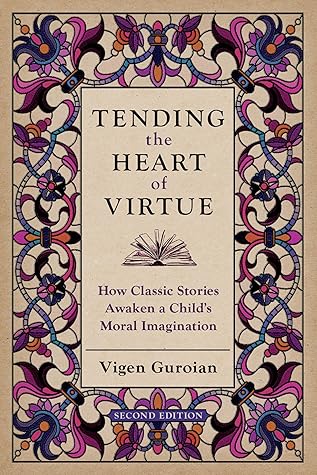In the Disney animation, real boyhood is bestowed on Pinocchio as a reward for being good by the Blue Fairy with a touch of her magic wand—or, as the Blue Fairy herself says, because Pinocchio has proven himself “brave, truthful, and unselfish.” In Disney’s imagination this is magic. In theological terms this is works righteousness. By moral description, the Disney story presents the virtues as the completion and very essence of Pinocchio’s humanity: once he has proven himself “brave, truthful, and unselfish,” he is transformed into a real boy. Collodi views things differently. In his story,
In the Disney animation, real boyhood is bestowed on Pinocchio as a reward for being good by the Blue Fairy with a touch of her magic wand—or, as the Blue Fairy herself says, because Pinocchio has proven himself “brave, truthful, and unselfish.” In Disney’s imagination this is magic. In theological terms this is works righteousness. By moral description, the Disney story presents the virtues as the completion and very essence of Pinocchio’s humanity: once he has proven himself “brave, truthful, and unselfish,” he is transformed into a real boy. Collodi views things differently. In his story, Pinocchio becomes a real flesh-and-blood human child after he awakens from a dream in which the blue-haired fairy forgives him for his former waywardness and present shortcomings, while she also praises him for the good path he has taken by demonstrating a son’s love for his father. For Collodi, real boyhood is not so much a reward as it is the visible sign of a moral task that has been conscientiously pursued, a task that even at that moment when Pinocchio is transformed from wood into flesh and blood is not yet wholly completed. Pinocchio’s filial love, obedience, truthfulness, and self-expenditure for the sake of others ultimately triumph over his primal propensity to be selfish and self-centered. His good heart with its innate capacity to love finally dominates over his wooden head. The flesh he acquires represents a significant stage in the perfection of his humanity—that is, chil...
...more
This highlight has been truncated due to consecutive passage length restrictions.


